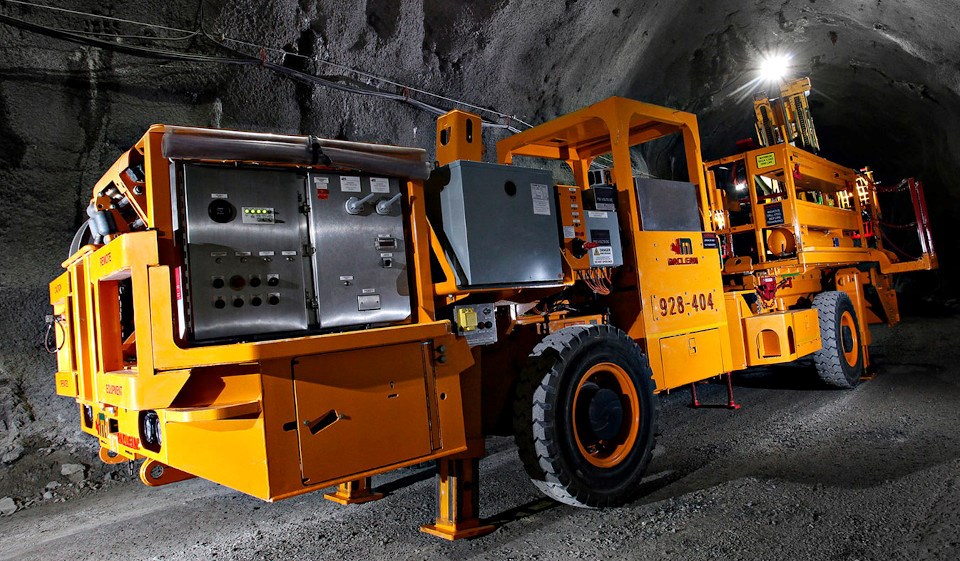Ontario has certain competitive advantages to confront the climate change crisis that can bring about clear economic and environmental benefits for the world.
The Ontario Chamber of Commerce has released a report – The Climate Catalyst: Ontario's Leadership in the Green Global Economy – that takes a snapshot of what provincial organizations are doing to transition to a net-zero economy and what government policymakers can do to encourage more sustainable investment and innovation.
The chamber is also launching a virtual event series featuring experts that will focus on topics such as clean technology, hydrogen, small modular reactors, zero-emission vehicles and natural resources.
The report said the global market for low-carbon solutions will create unprecedented economic opportunities for businesses and workers that are well equipped to support that transition to net-zero.
Working in Ontario's favour is its low-carbon energy in nuclear, hydro and renewables, its innovative and talented post-secondary institutions and workforce, abundance of natural resources in the mining sector to supply the minerals needed to make electric vehicle batteries and solar panels, and its burgeoning clean tech sector.
The report said, not only is Ontario is well ahead of most jurisdictions in achieving net-zero emissions by virtue of its nuclear and hydro assets, the province's energy sector is developing next-generation technology with small modular reactors (SMRs). They are easy to build and operate, and can provide a clean alternative to diesel in northern and remote communities. Ontario Power Generation is a leader in studying SMR deployment at a mine in the Far North which could reduce emissions at the site by 85 per cent.
Heavy industry, the third largest emitters of greenhouse gas in Ontario, is on the path toward decarbonization with less reliance on fossil fuels and an added commitment toward lowering its carbon footprint.
The report made mention of Algoma Steel's upcoming transition from coal-fired steelmaking in Sault Ste. Marie to electric-arc furnace production.
Newmont's Borden Mine, outside Chapleau, was lauded as Canada's first all-battery electric underground operation.
Canada Nickel Company's emerging Crawford Nickel Project, north of Timmins, has plans to establish a net-zero carbon production facility for nickel, cobalt and iron. The deposit consists of serpentine rock which naturally absorbs carbon dioxide when exposed to air, making it an opportunity for carbon sequestration.
Among the report's recommendations in that governments should help enable the transition toward net-zero emissions through continued investment with the private sector and more coordinated strategies that support research and commercialization, expand skills training and de-risk private financing in clean technology.




